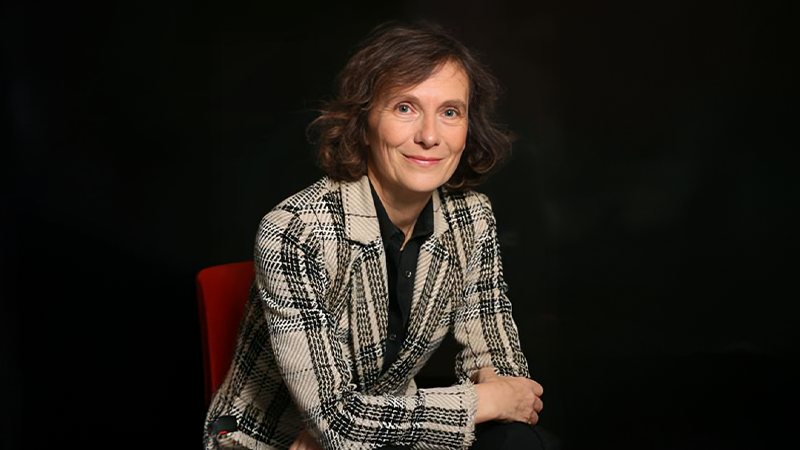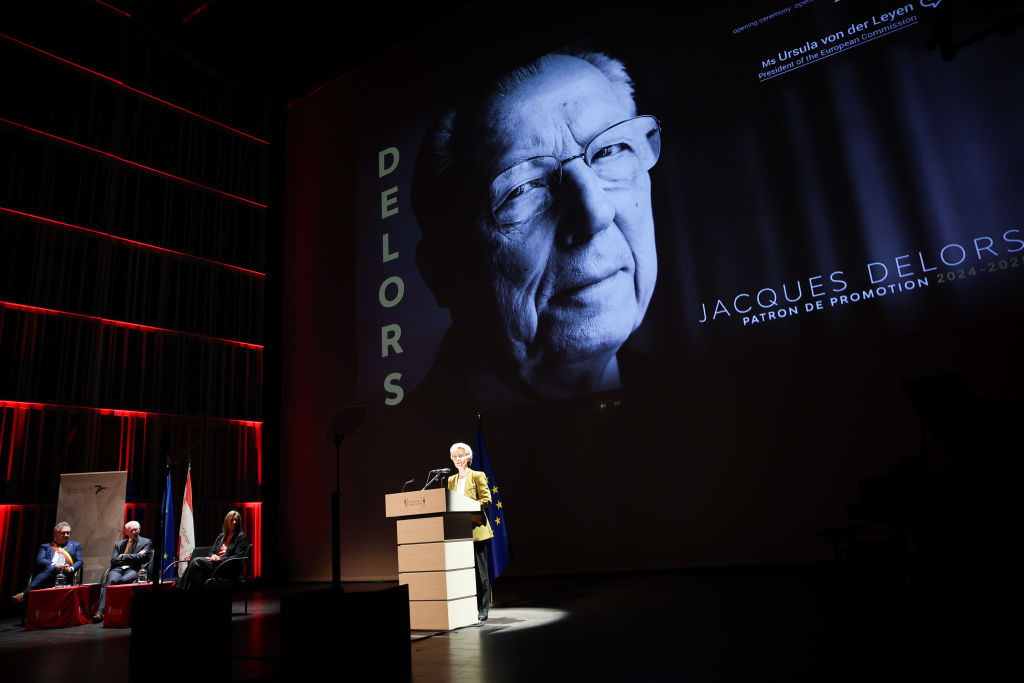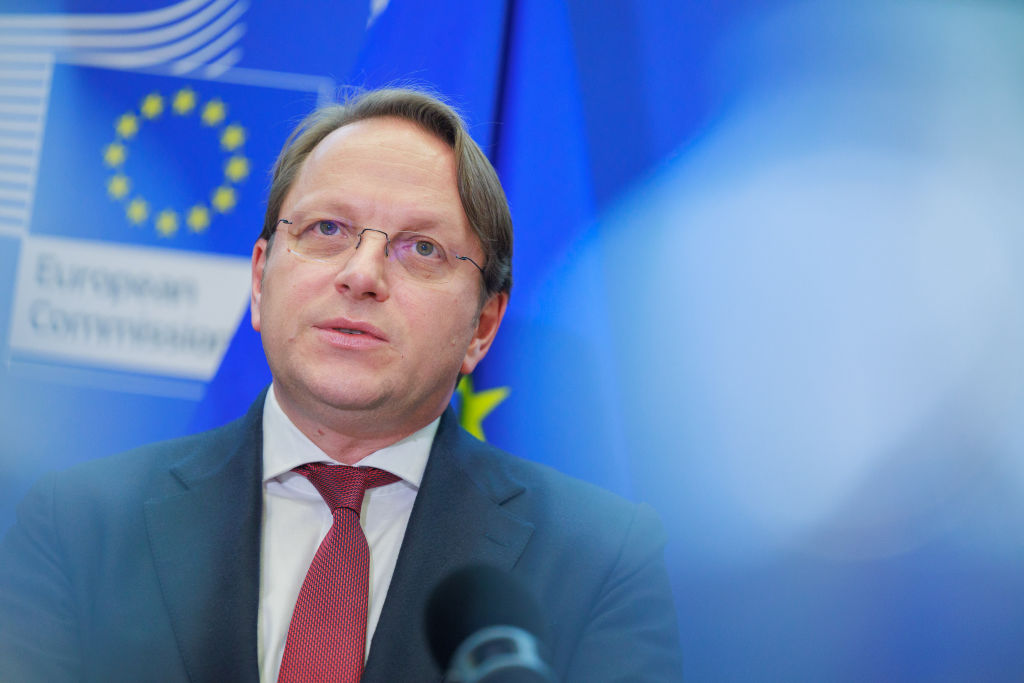Netherlands proposes anti-spy checks at universities
The Dutch initiative is the latest amid growing paranoia in European capitals over espionage by hostile actors on university campuses.

The Netherlands could screen around 8,000 incoming university researchers a year, as national intelligence services across the EU fear an uptick in academic espionage.
The screenings would include probing into foreign academics’ employment, educational history and criminal record, Dutch public broadcaster NOS reported.
The Dutch initiative comes amid growing paranoia in European capitals over espionage by hostile actors on university campuses.
“Iran, China and Russia engage in a variety of intelligence and influence activities, including targeting their diaspora in the Netherlands,” the ‘Knowledge Security Screening Act’ tabled by the Dutch education minister reads.
The plan was put out for public consultation on Monday, with a view to the government proposing a law in the coming months.
Several other European nations have also introduced initiatives to address academic espionage.
Following background checks of 200 applicants from China, Russia, and North Korea to Aarhus University in Denmark, 5-10% were denied admission on security grounds. The Danish intelligence service said that all research areas that develop or use technology with a potential military end use should be protected.
Similarly, in Sweden the government are actively engaged in guiding national universities in avoiding dubious foreign partnerships.
Last June, a Russian academic at the University of Tartu in Estonia was convicted of espionage and sentenced to six years in prison.
“Academia in Europe has openness and borderless cooperation in its DNA, and this is its great advantage, but it is also a vulnerability,” said then-commissioner Helena Dalli during a debate on the matter in the European Parliament last November.
“We should not be naïve.”
(om)









